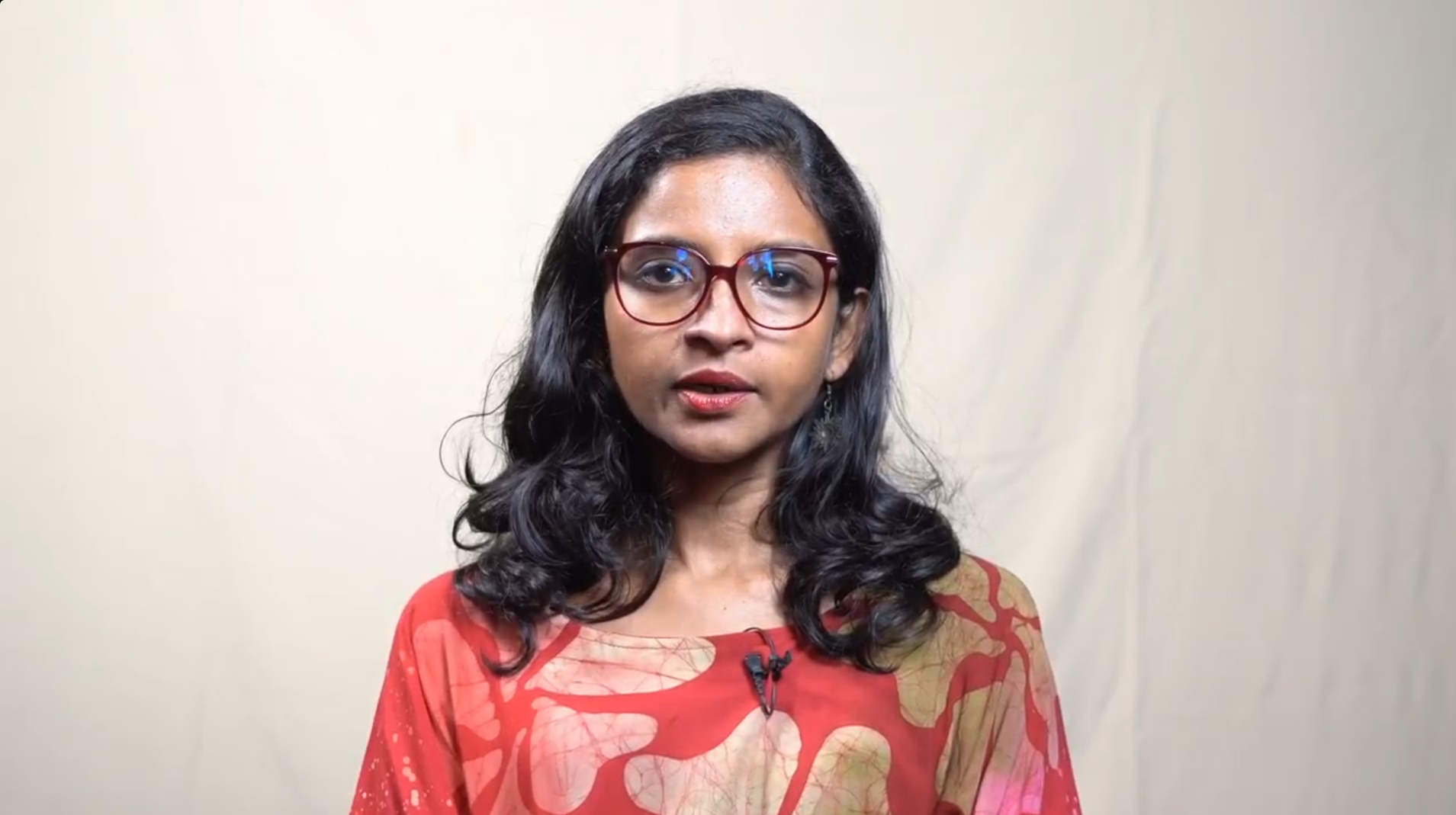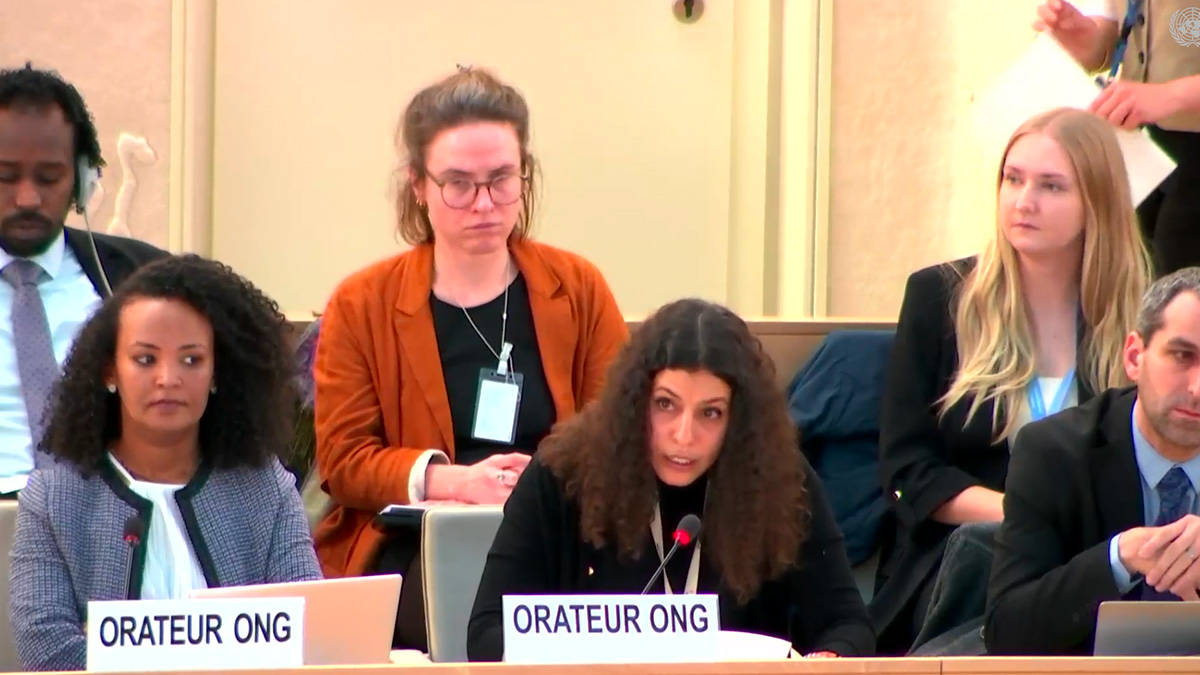(Geneva) – A group of seven women human rights defenders arrested on 21 June 2014 in Egypt for conducting a peaceful protest against the country’s deeply flawed public assembly bill must be released immediately and unconditionally, the International Service for Human Rights said today.
In an open letter to President Abdel Fattah el-Sisi, ISHR expressed its concern over the systematic misuse of Egypt’s assembly law (Law 107/2013) and other related legislation to silence dissent by disproportionately targeting human rights defenders, journalists, political activists and opposition figures.
‘The assembly law is extremely restrictive and falls far short of meeting international human rights standards’, said Pooja Patel, who leads ISHR’s work on women human rights defenders.
‘There is an undeniable pattern in Egypt where these laws are used systematically and disproportionately to stop people from exercising their basic rights to freedom of expression, assembly and association,’ Ms Patel said.
The seven women defenders (Yara Sallam, Sanaa Seif, Hanan Mustafa Mohamed, Salwa Mihriz, Samar Ibrahim, Nahid Sherif and Fikreya Mohamed) were arrested in Heliopolis, Cairo where unknown actors threw stones and glass at the defenders, which was followed by the use of tear gas and bird shots by the police to disperse them. The women defenders were arrested along with several others and were being held at Heliopolis police station, before being referred to prosecution.
‘We are extremely disturbed to hear that today there was a decision to hold the group for a further 4 days in pre-trial detention pending investigation’, said Ms Patel.
‘Prolonged detention without charge is incompatible with Article 9 of the International Covenant on Civil and Political Rights. The prosecution should either drop their charges if no evidence can be found against them, or release the group immediately,’ Ms Patel said.
One of the defendants, Yara Sallam, was not in the protest at the time of the arrest yet is being held in custody only after admitting that she works as a researcher at the Egyptian Initiative for Personal Rights, a partner organization of ISHR.
Many women who participate in Egypt’s political transition have faced particular threats and vulnerabilities, including sexual harassment and sexual violence against women protestors and women detainees. A resolution at the current session of the UN Human Rights Council calls on States to ensure that women are protected from all forms of violence and discrimination, including when seeking to participate in political processes to strengthen democracy and the rule of law.
Furthermore, the UN expert on extrajudicial executions reported to the Council on 12 June 2014 that the primary function of law enforcement officers during public assemblies should be to facilitate and not interfere with such gatherings.
Earlier during the current June 2014 Human Rights Council session, ISHR joined with ten other leading international and regional human rights organisations in calling on the Council to take action to address the deterioriting situation in Egypt.
Photo: Andre Pain/EPA



